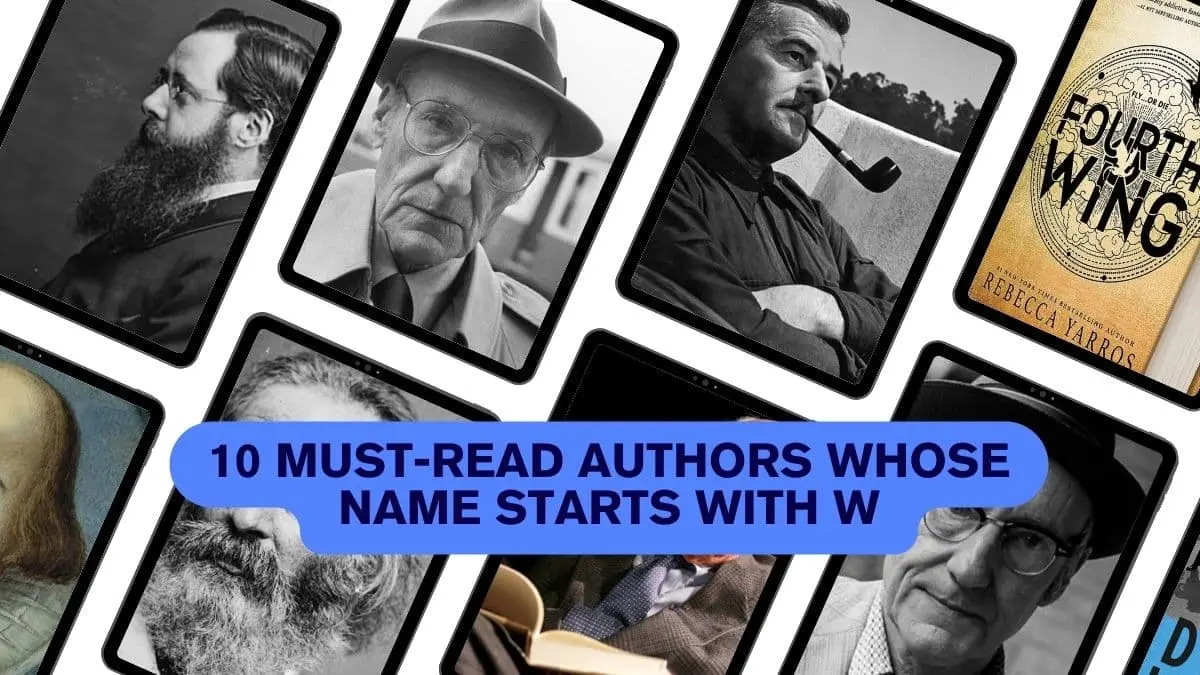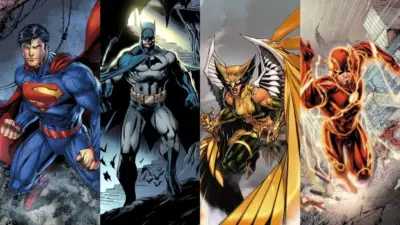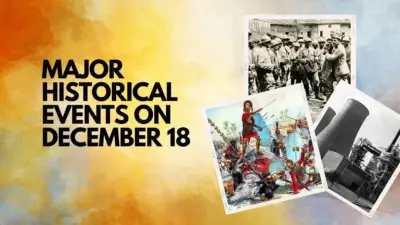Delve into the literary world with 10 Must-Read Authors whose name starts with W. This collection showcases a diverse array of talents, each beginning with the intriguing letter ‘W’. From the timeless plays of William Shakespeare to the groundbreaking science fiction of William Gibson, these authors have left indelible marks on the fabric of literature. Their works span genres, eras, and styles, offering readers a rich tapestry of storytelling. Explore the depth and breadth of their contributions and let their words transport you to new realms of imagination.
10 Must-Read Authors whose name starts with W
Walt Whitman
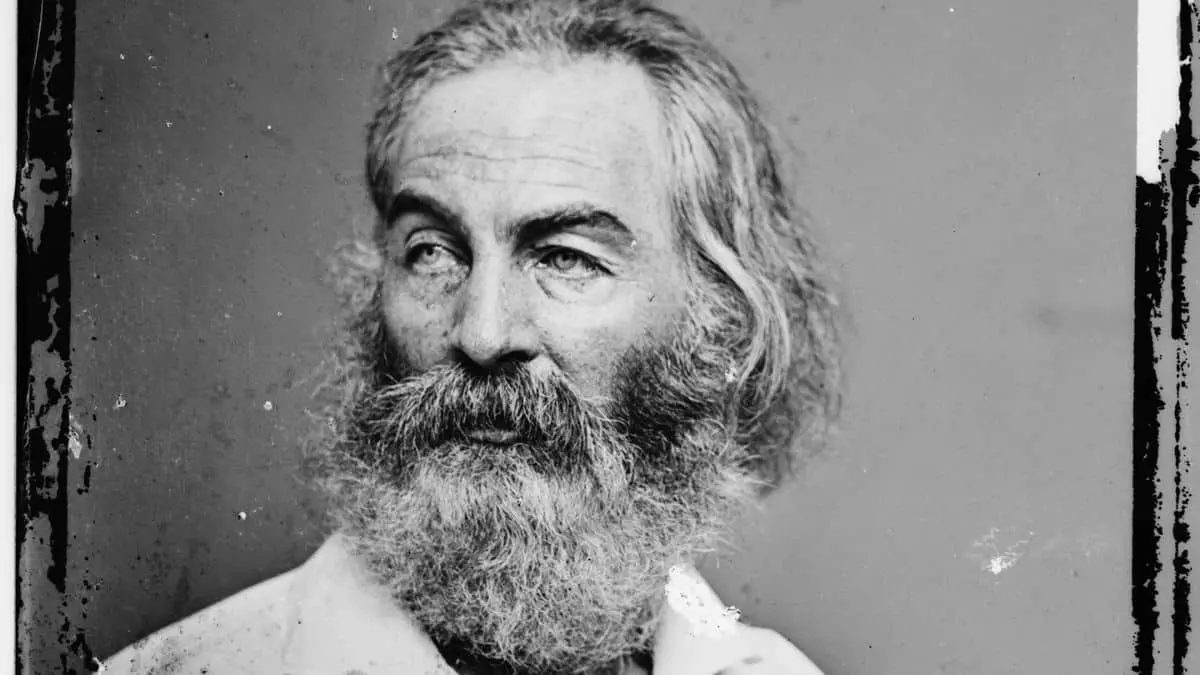
A cornerstone of American literature Walt Whitman is best known for his poetry collection “Leaves of Grass.” This work, which he continually revised throughout his life, broke traditional poetic form and subject matter boundaries.
Whitman celebrated democracy, nature, love, and friendship with a free-flowing verse style. His work is characterized by its inclusiveness and its reflection of the American spirit, making him not only a must-read author but also a symbol of American literary innovation.
William Shakespeare
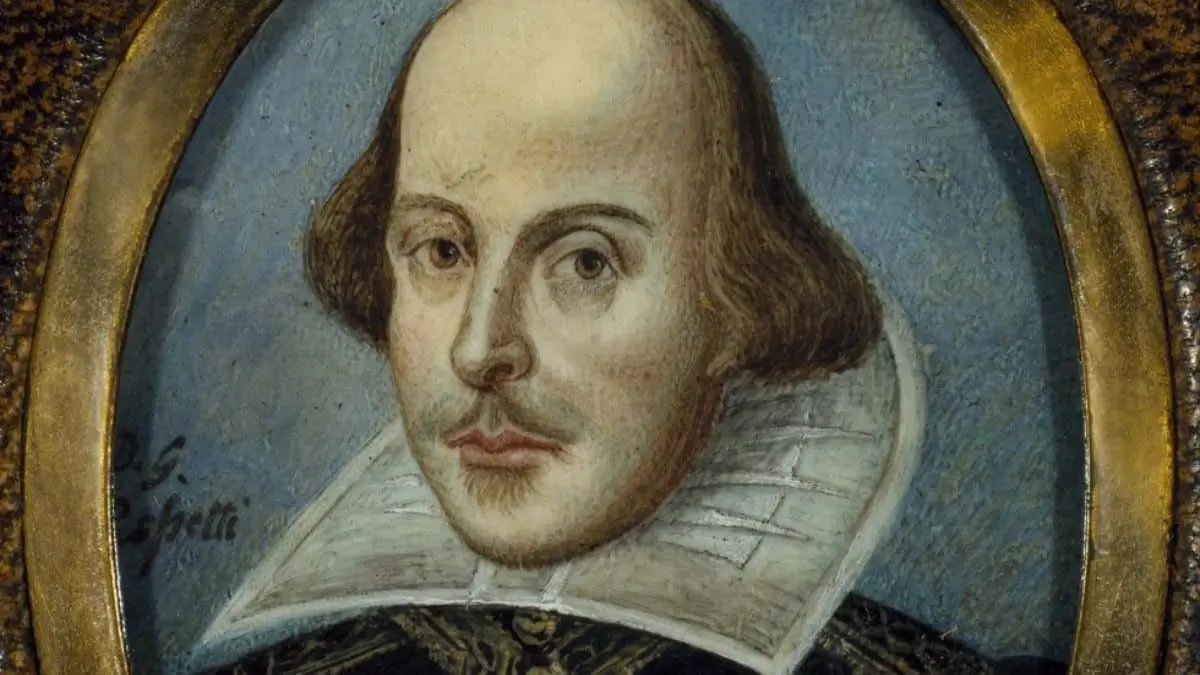
Regarded as the greatest writer in the English language, William Shakespeare’s influence is unparalleled. His plays, like “Hamlet,” “Romeo and Juliet,” and “Macbeth,” have been performed more than any other playwright’s.
Shakespeare’s work, encompassing tragedy, comedy, and history, delves into human nature, power, and love. His masterful use of language, character development, and exploration of universal themes make his plays timeless, continually studied, performed, and revered around the world.
William Faulkner
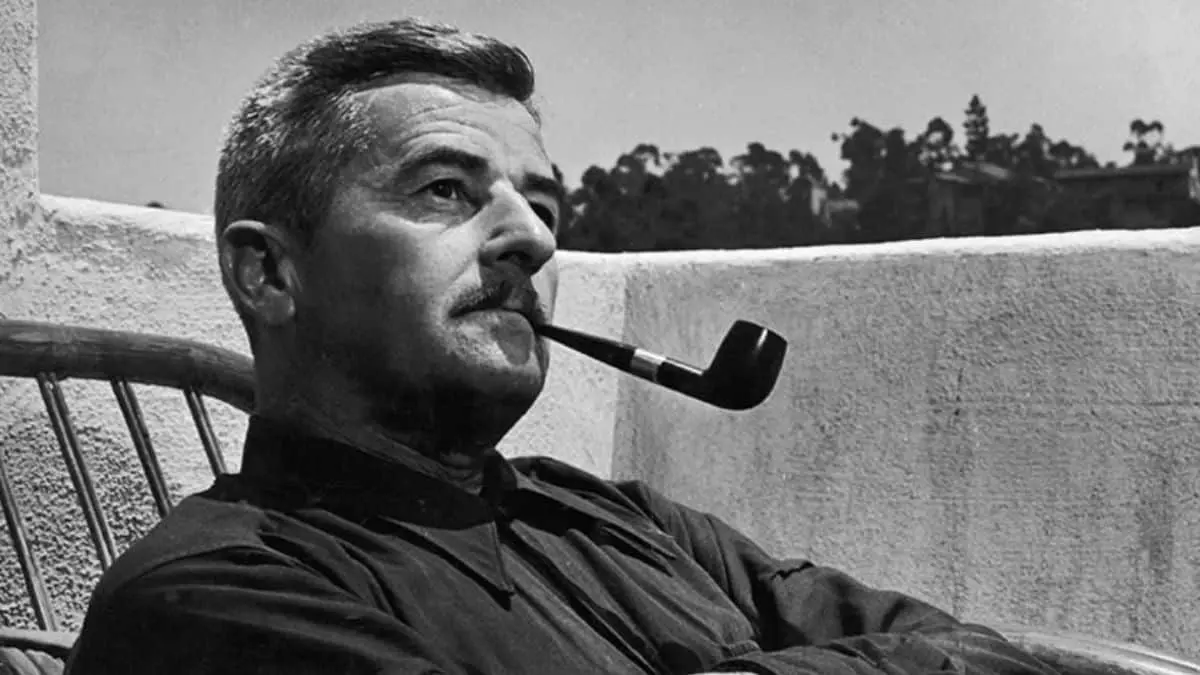
An iconic figure in American literature, William Faulkner is best known for his novels set in the American South, particularly “The Sound and the Fury” and “As I Lay Dying.” Faulkner’s works are celebrated for their complex narrative structures and depth of character and themes.
He often explored the issues of race, history, and the human condition. His distinctive narrative style and his ability to weave intricate stories make Faulkner a pivotal figure in the American literary canon.
Walker Percy
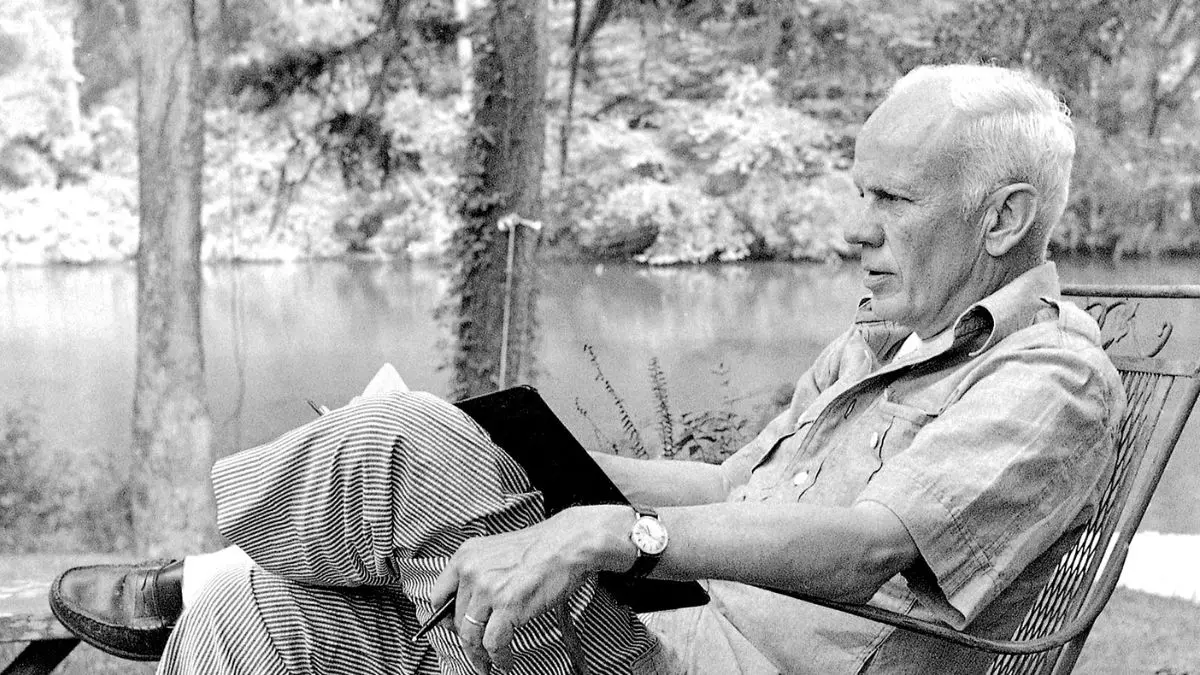
A distinguished American author known for his philosophical novels Walker Percy explore the human condition. His most famous work, “The Moviegoer,” won the National Book Award in 1962. In this novel, Percy delves into themes of existentialism, modern dislocation, and search for authenticity. His writing style is both thoughtful and engaging, often intertwining characters’ personal quests with broader societal concerns. Percy’s works offer a deep, reflective insight into the struggles of self-discovery and the complexities of modern life.
Walter Scott
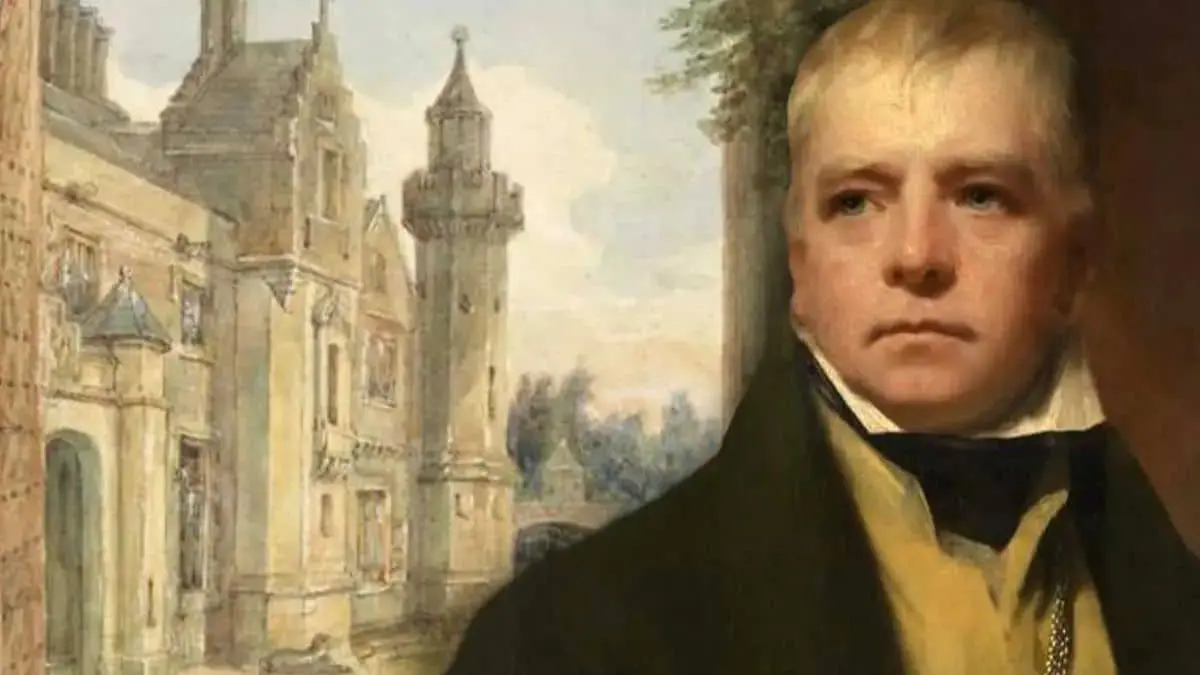
A Scottish historical novelist, poet, and playwright Walter Scott is widely recognized for his significant contribution to the historical novel genre. His famous works, such as “Ivanhoe” and “Rob Roy,” set in medieval England and Scotland, blend historical fact with fiction and adventure. Scott’s novels are known for their vivid portrayal of the Scottish landscape, intricate plots, and engaging characters. His storytelling ability brought a new depth and realism to historical fiction, making him a seminal figure in the development of this genre.
William Gibson
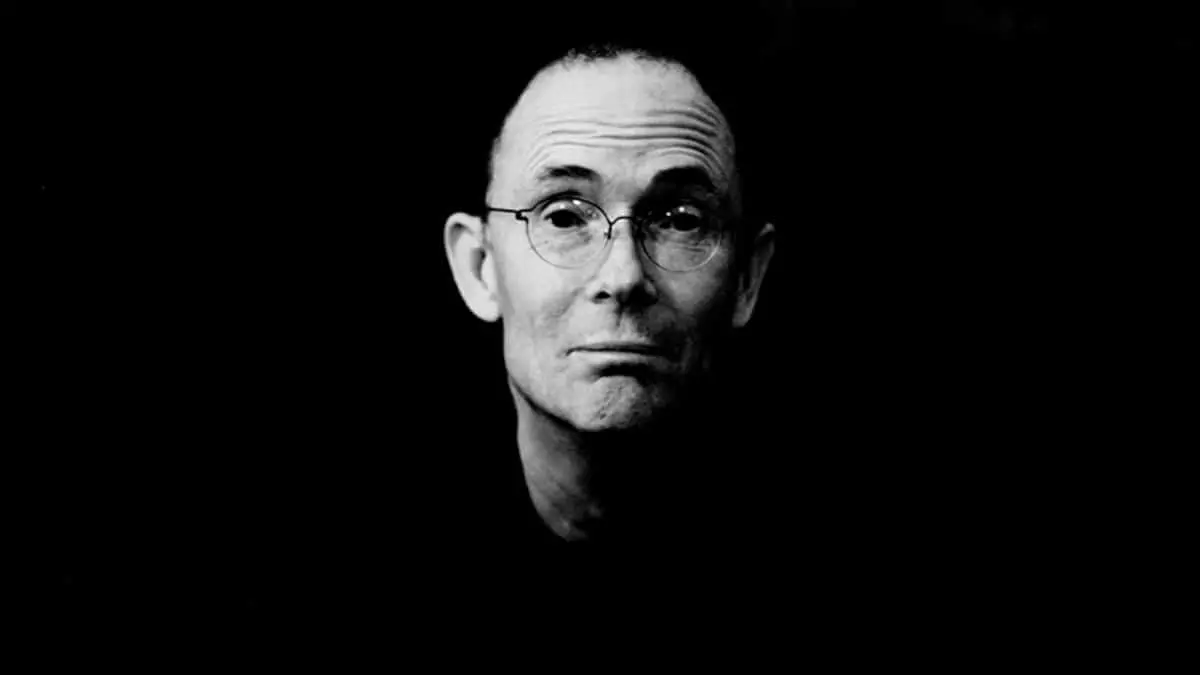
An American-Canadian author William Gibson primarily known for pioneering the cyberpunk subgenre in science fiction. His most notable work, “Neuromancer,” has had a profound influence on modern science fiction.
The novel’s depiction of a high-tech, networked future predated the internet age, introducing concepts like cyberspace and virtual reality. Gibson’s writing is characterized by its visionary ideas, noir atmosphere, and exploration of the effects of technology on society. His works are essential reading for their foresight and deep influence on both literature and technology.
Wallace Stegner
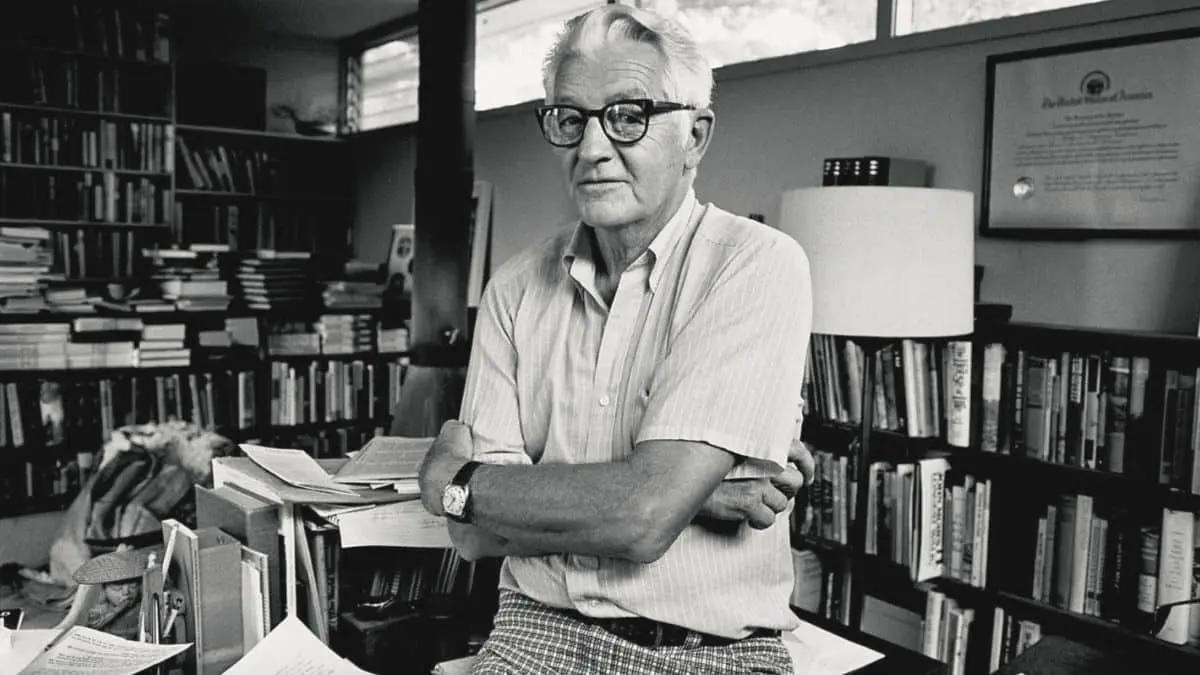
An American novelist and short story writer Wallace Stegner is often called “The Dean of Western Writers.” He is widely acclaimed for his novel “Angle of Repose,” which won the Pulitzer Prize for Fiction in 1972. This novel is an intricate exploration of family history, American western expansion, and personal reflection.
Stegner’s works often focus on the interaction between people and their environments, blending rich character studies with the landscapes of the American West. His writing is praised for its eloquence, depth, and insightful depiction of the human condition.
Wilkie Collins
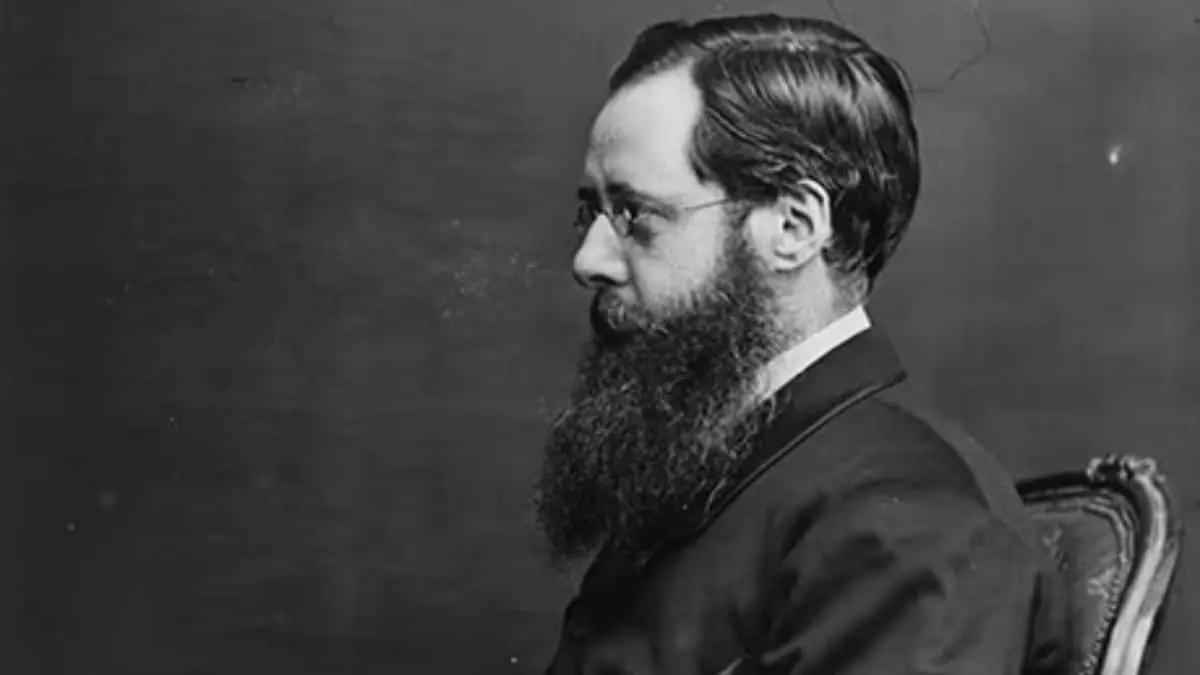
A British novelist, playwright, and author Wilkie Collins was famous for his suspenseful and pioneering detective novels. His most renowned works, “The Moonstone” and “The Woman in White,” are considered among the first mystery novels and precursors to the modern detective story.
Collins’ writing style is noted for its engrossing narrative, intricate plotting, and the use of multiple narrators. His novels blend social commentary with gripping storytelling, making him a pivotal figure in the development of crime fiction and a must-read author in the genre.
William S. Burroughs
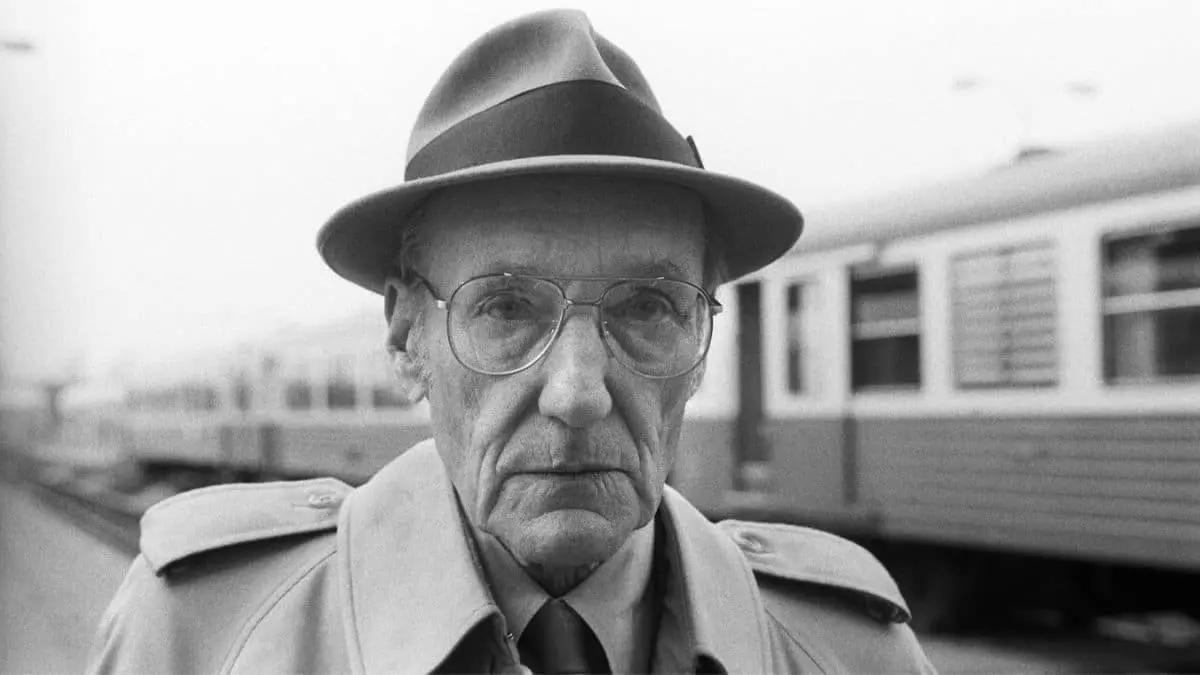
An influential figure in the Beat Generation, William S. Burroughs was an American writer and visual artist. He is best known for his novel “Naked Lunch,” a landmark work that challenged conventional narrative structures and societal norms.
The book’s non-linear style, combined with its controversial content, made it a subject of legal battles over obscenity. Burroughs’ writing is characterized by its experimental style, dark humor, and critical examination of culture and politics. His work has had a lasting impact on various art forms, including literature, music, and film.
Wendell Berry
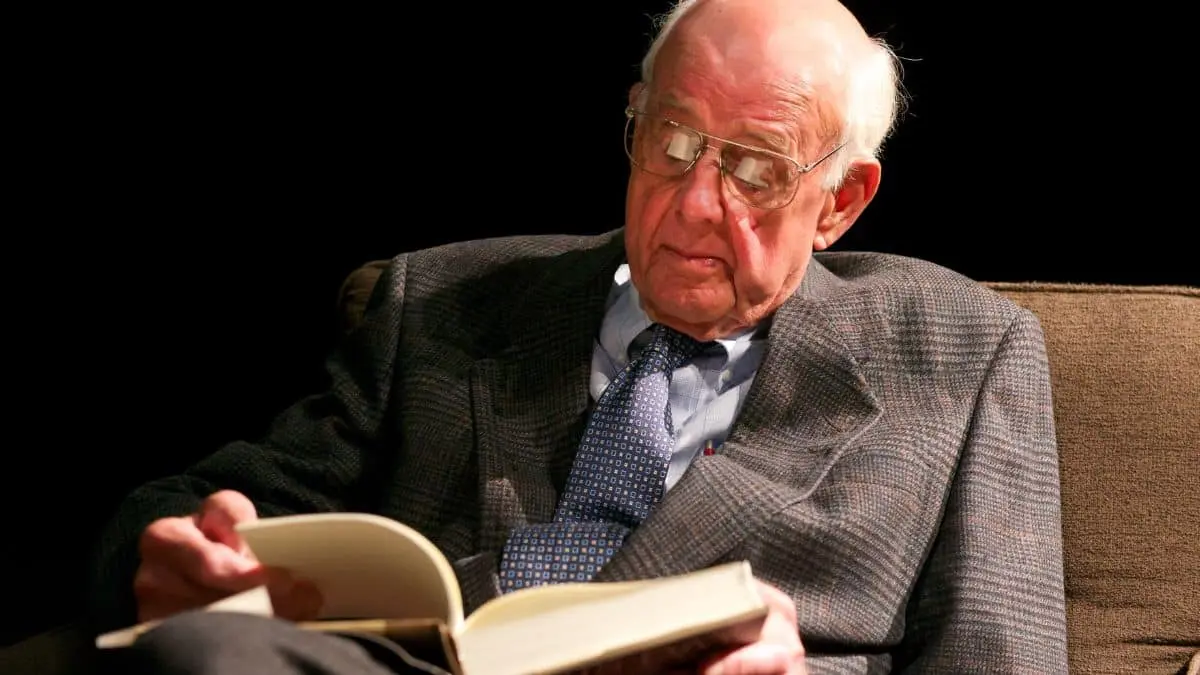
A celebrated American novelist, poet, environmental activist, and farmer Wendell Berry’s writing is deeply rooted in the agrarian lifestyle and respect for nature, resonates with themes of community, sustainability, and the simple, meaningful aspects of rural life.
Berry’s most notable work, “The Unsettling of America,” critically examines modern agricultural practices and advocates for a return to more traditional, sustainable farming methods. His eloquent and thoughtful prose offers profound insights into humanity’s relationship with the land, making him a must-read author for those interested in environmental and agricultural ethics.
Also Read: 10 Must-Read Authors whose name starts with T
